When Data Matters
 As noted previously, the Commonwealth's Joint Committee on Education has taken up a discussion on whether or not to raise the cap on Charter Schools. While I worked the entirety of my career in a non-charter environment (10 year private schools, 20 years public), I do have a bias on the topic. It concerns me when a corporation, such as Sabis or Kipp, runs the school. It concerns me that the funding of corporately managed charter schools comes from a local cash-strapped district. And it concerns me when the make up of the student body is not a mirror of traditional public schools in the same district. When charter schools adhere to what was their initial charge - to become incubators of innovations in education and to share their findings - that is a good reason to engage with charter schools.Suzanne Bump, Massachusetts State Auditor, testified before the Joint Committee this week. She was not testifying to encourage or discourage lifting the cap. The State Auditor wanted to exam the claims that counts of students on waiting lists were inaccurate, that there are inconsistencies in charter renewals, and the charge of lack of collaboration between public schools and private schools. Here are her words:
As noted previously, the Commonwealth's Joint Committee on Education has taken up a discussion on whether or not to raise the cap on Charter Schools. While I worked the entirety of my career in a non-charter environment (10 year private schools, 20 years public), I do have a bias on the topic. It concerns me when a corporation, such as Sabis or Kipp, runs the school. It concerns me that the funding of corporately managed charter schools comes from a local cash-strapped district. And it concerns me when the make up of the student body is not a mirror of traditional public schools in the same district. When charter schools adhere to what was their initial charge - to become incubators of innovations in education and to share their findings - that is a good reason to engage with charter schools.Suzanne Bump, Massachusetts State Auditor, testified before the Joint Committee this week. She was not testifying to encourage or discourage lifting the cap. The State Auditor wanted to exam the claims that counts of students on waiting lists were inaccurate, that there are inconsistencies in charter renewals, and the charge of lack of collaboration between public schools and private schools. Here are her words:
It had been my hope that an audit would examine not just the topics I mentioned. Another goal had been to get meaningful, unbiased, and complete data so that when this annual debate next took place, you and the public would have access to more facts. I have long believed in, and as State Auditor am committed to, the notion that better information makes for better public policy.We especially wanted to know whether the student bodies of charters shared the demographic characteristics of the sending districts, as the law requires, and whether there were measurable differences in the academic outcomes of the competing systems.
And the result?
As the audit indicates, however, we could not answer those questions because we found the data collected and published by DESE to be unreliable.
Is this the very same "data" that the Governor used to plead for increasing the cap on Charter Schools? Data that the State Auditor characterizes as "unreliable"?Please, please, please read the two-page remarks for yourself. My data mantra has always been "garbage in, garbage, out". That surely seems to apply here and it is not a good basis on which to make important educational decisions.One final quote from Ms. Bumps' remarks, sums it up:
This is the 21st century. We have the brain power and we have the ability to get the information necessary to inform our decision-making, so let's base decisions about the future of our kids, our economy, our society on facts
Yes. That is exactly when data matters.

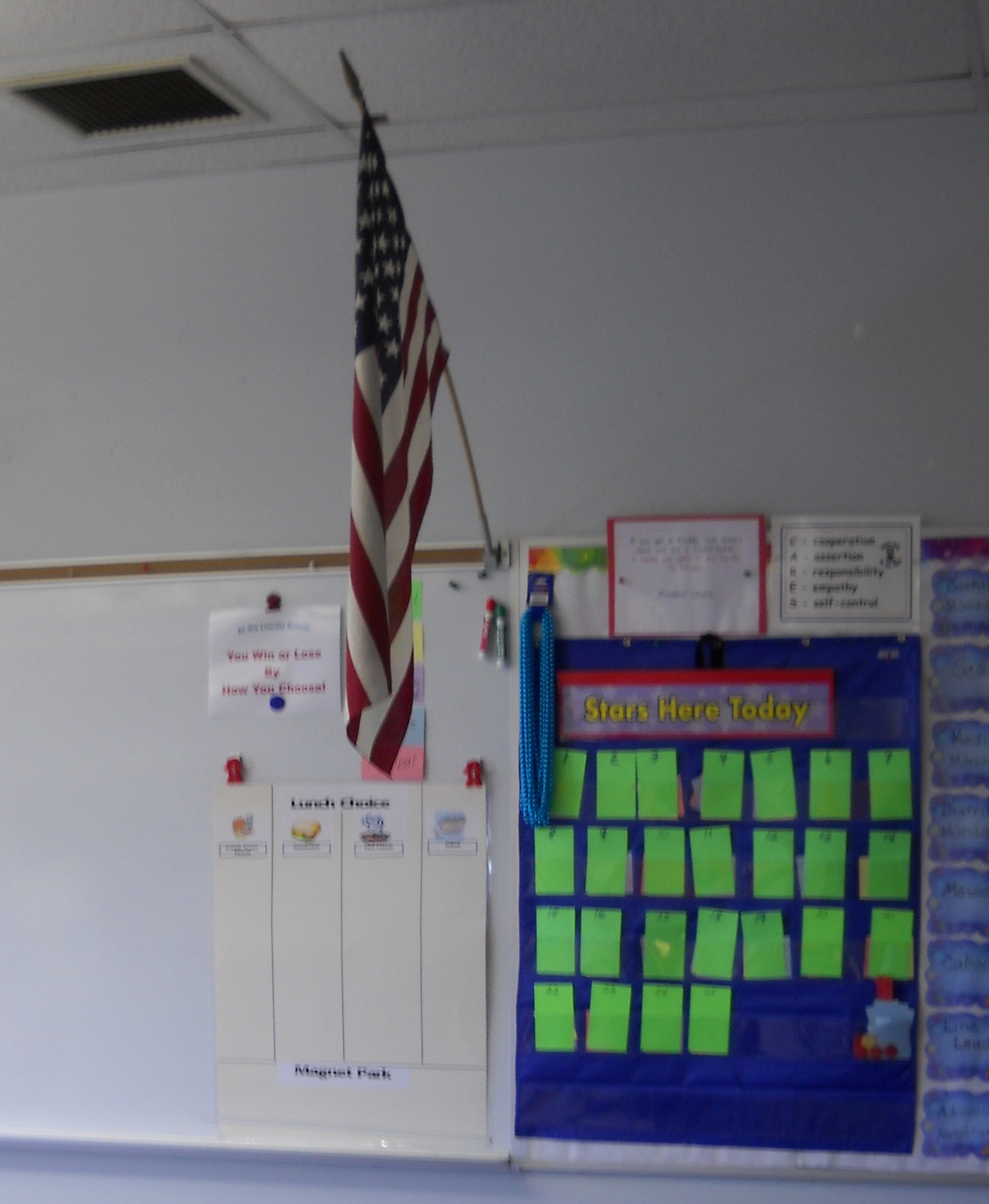 to think some who are negotiating the contracts with the Unions would like to make a grand political statement.With tight municipal budgets, no one is expecting exorbitant monetary increases, like the 15% pay raise I learned of for a first-year hire at a private corporation. And just as a point of interest, even retirees (not from this past June, but all prior retirees) received a cost of living raise of 3% from the Commonwealth's Teacher Retirement Board. (The details and the history of which are found
to think some who are negotiating the contracts with the Unions would like to make a grand political statement.With tight municipal budgets, no one is expecting exorbitant monetary increases, like the 15% pay raise I learned of for a first-year hire at a private corporation. And just as a point of interest, even retirees (not from this past June, but all prior retirees) received a cost of living raise of 3% from the Commonwealth's Teacher Retirement Board. (The details and the history of which are found 
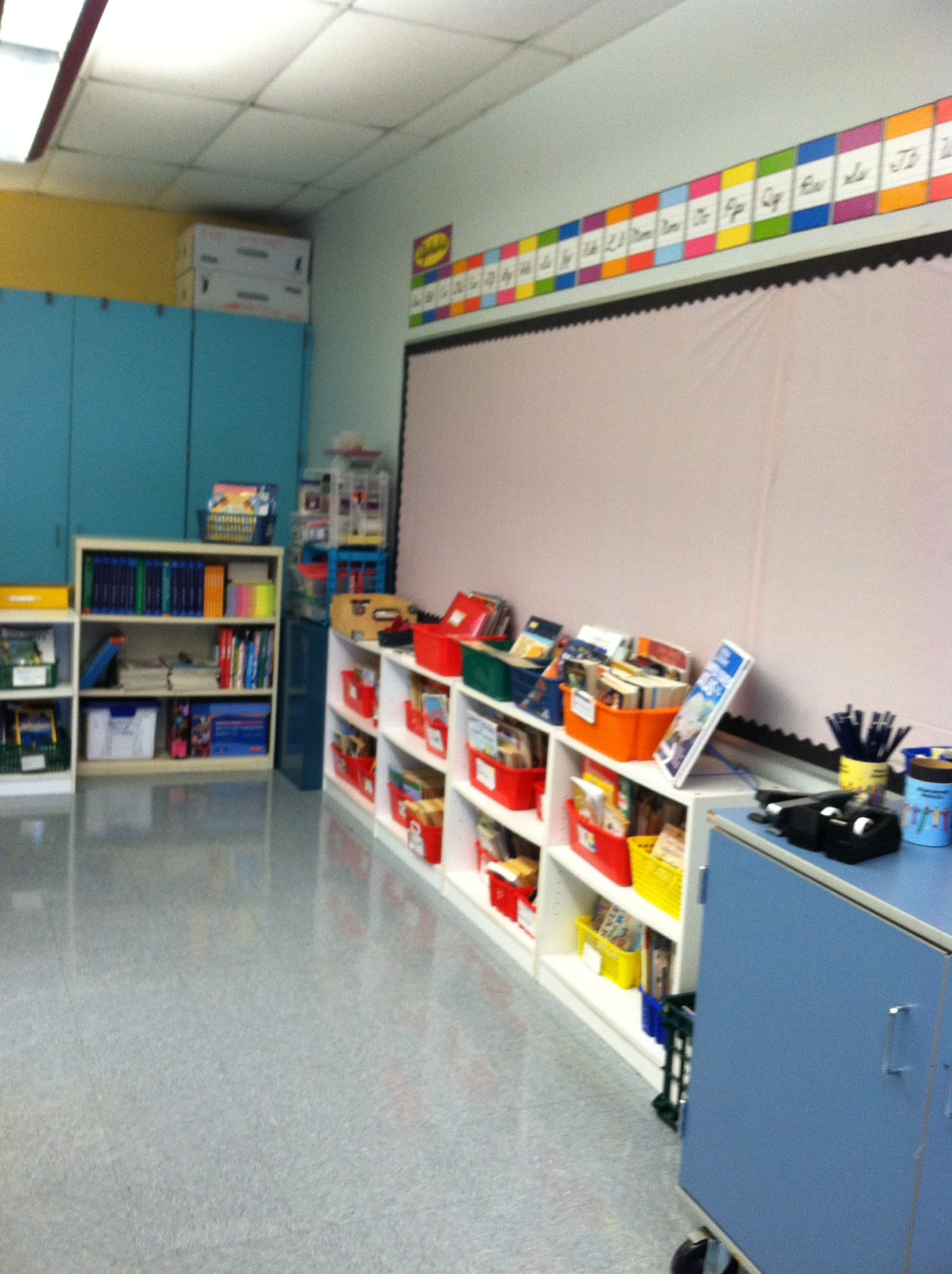



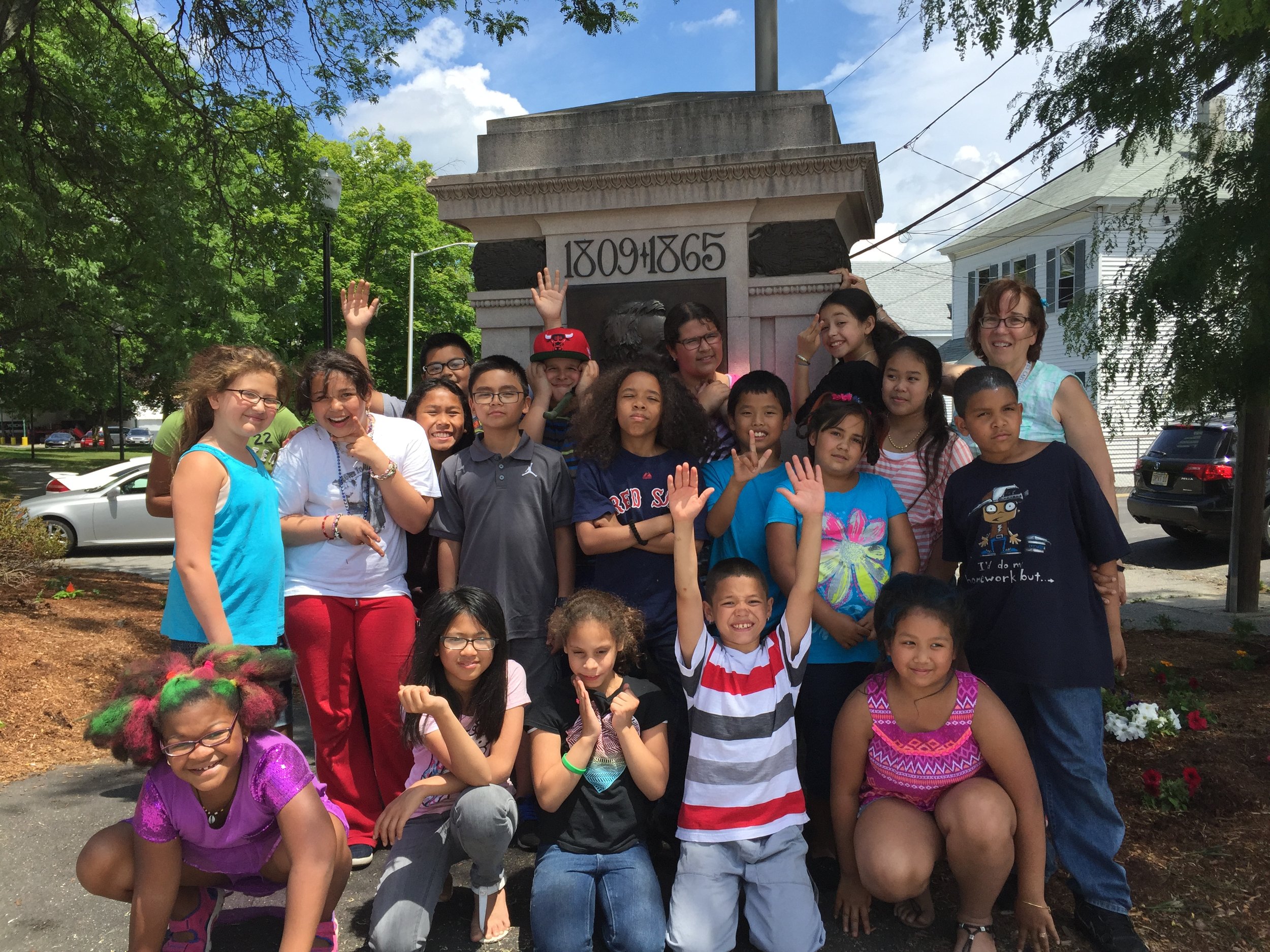

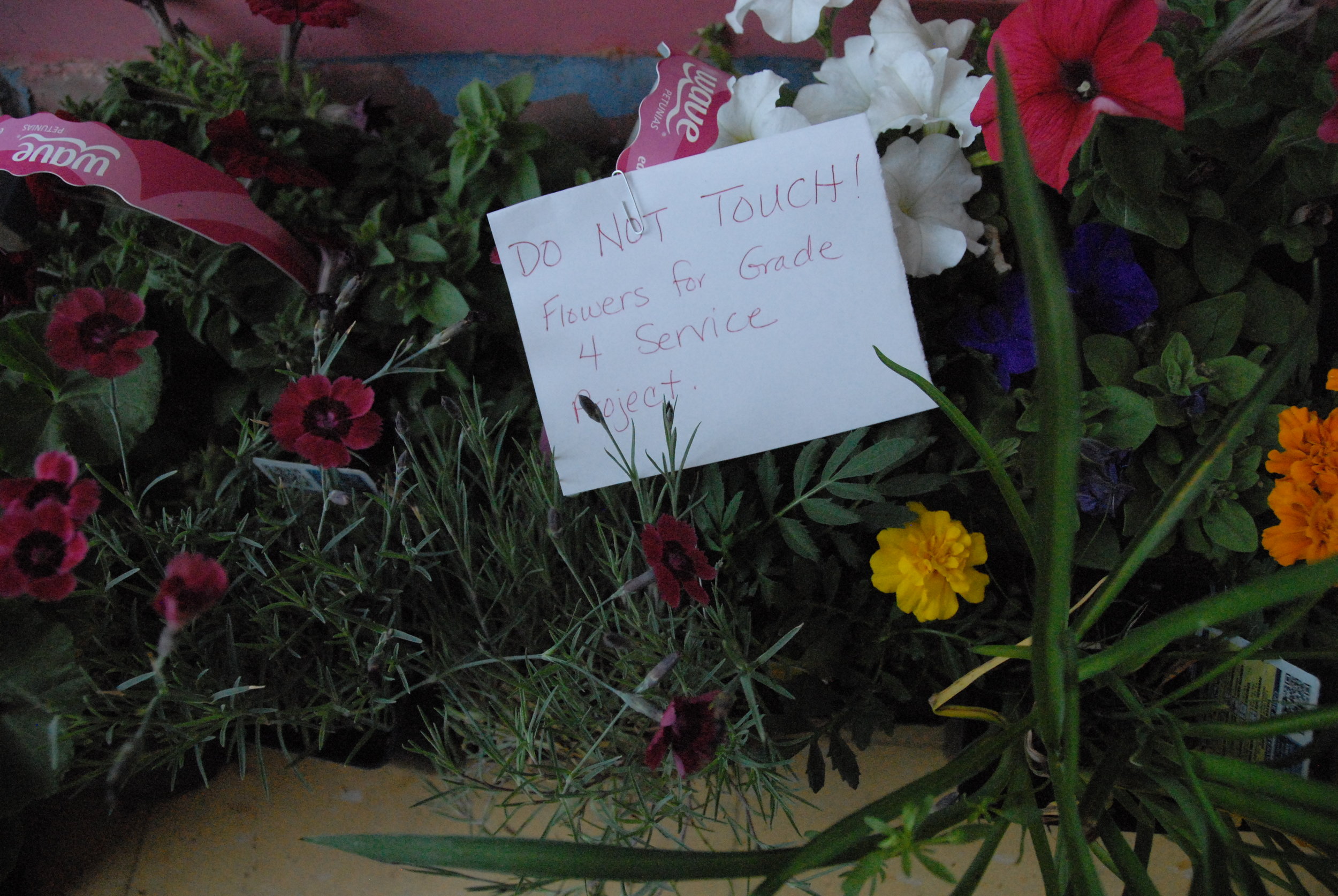
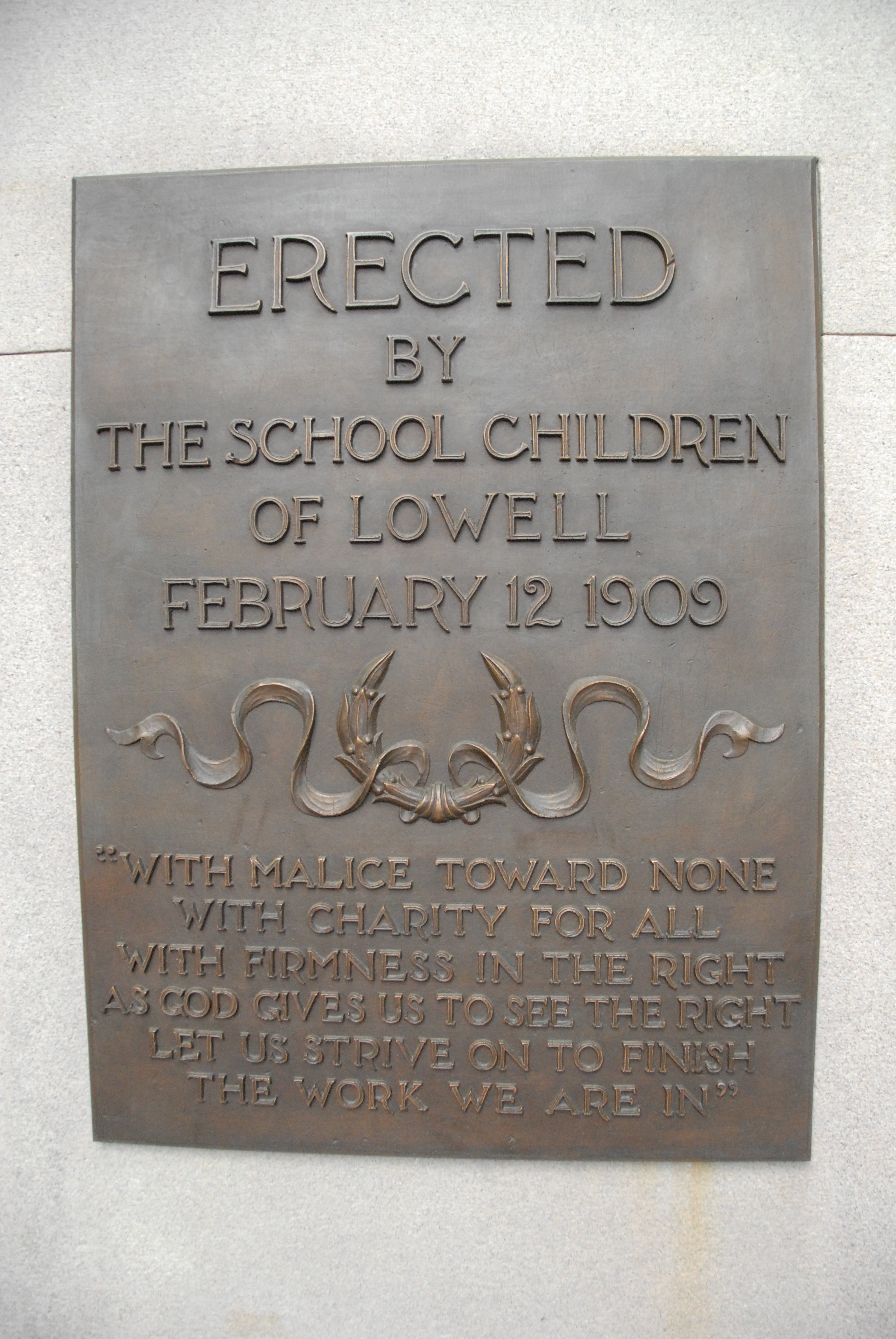
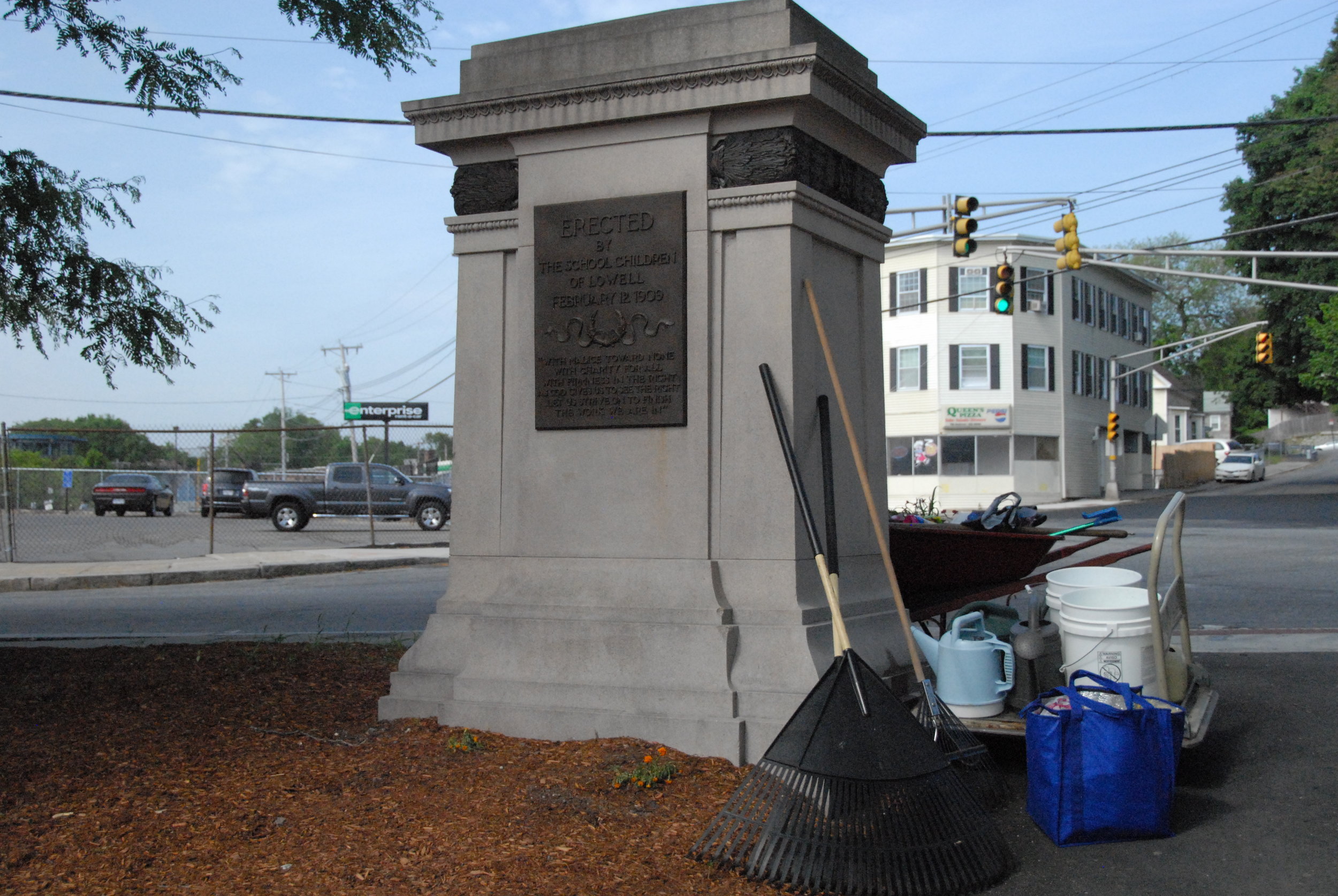 Savings Bank, Four Seasons Landscaping, and the Steve Purtell of the City Park Department - and our school community, students swept, raked, and picked up this beautiful gem of outdoor space in Lowell. This was the first time planting experience for many of our students. They learned to dig in plants, tap plants out of containers, and even to use rakes and shovels.But most of all, our students learned that to make a public space pleasant and enjoyable, it takes effort and is the responsibility of everyone in the community.What better lesson could there be?
Savings Bank, Four Seasons Landscaping, and the Steve Purtell of the City Park Department - and our school community, students swept, raked, and picked up this beautiful gem of outdoor space in Lowell. This was the first time planting experience for many of our students. They learned to dig in plants, tap plants out of containers, and even to use rakes and shovels.But most of all, our students learned that to make a public space pleasant and enjoyable, it takes effort and is the responsibility of everyone in the community.What better lesson could there be?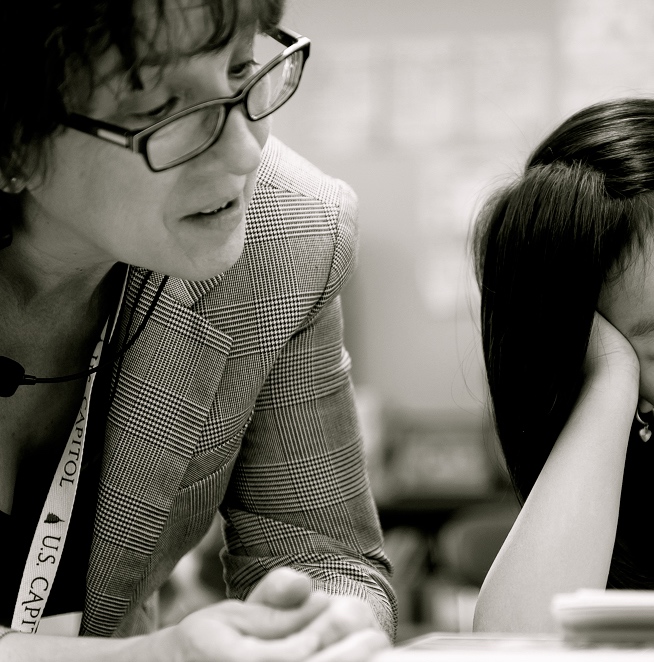
 Why does school need to be so full of drudgery and test preparation and sticking to artificial schedules that do not reflect developmental learning? Ten year olds need to be filled with the excitement of discovering something new, of making sense of something; they need to learn to love learning. And if that something is science (or math, or reading or writing), then that's where we will be going.Learning should be happiness.
Why does school need to be so full of drudgery and test preparation and sticking to artificial schedules that do not reflect developmental learning? Ten year olds need to be filled with the excitement of discovering something new, of making sense of something; they need to learn to love learning. And if that something is science (or math, or reading or writing), then that's where we will be going.Learning should be happiness.